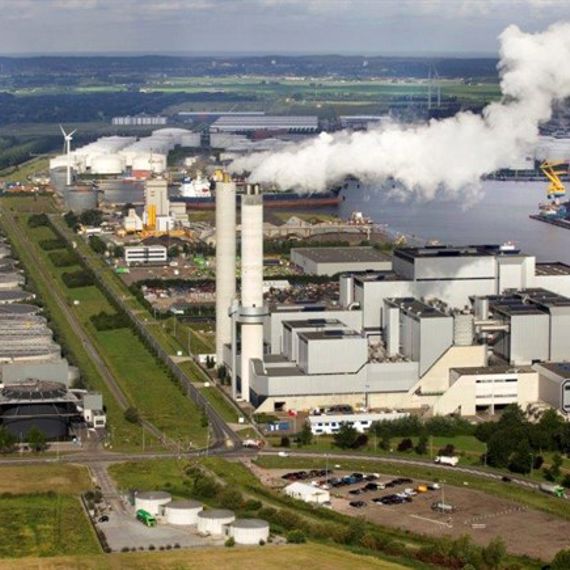News
Important announcement: FNV notice of gate actions received

We hereby inform our partners that the management of AEB Amsterdam has been notified that gate actions will be organized by trade union FNV on June 2, 3, and 4. This force majeure situation may have consequences for waste deliveries and the collection of recycled raw materials.
This means that on the mentioned dates, AEB Amsterdam will stop all incoming truck traffic carrying waste for delivery. These trucks will not be granted access and will be turned away. This is a strong signal to The Hague: this cannot go on!
FNV indicates that these actions are being taken in protest against the proposed introduction of a €567 million plastic tax. You can read more about this on the FNV website: Nationwide actions by the waste sector against government plans.
We regret the inconvenience this situation may cause to our partners. At the same time, we understand the signal FNV is sending with these actions about the potentially far-reaching consequences of the plastic tax: higher costs for citizens and the expected dismantling of the Netherlands' sustainable and innovative waste and recycling sector.
The €567 million corresponds to an increase in the tax per ton of residual waste from €39.70 in 2025 to approximately €160 per ton in 2030, while the average tax in Europe is around €10 per ton. Part of these tax increases includes a tightening of the national CO2 tax, requiring the waste sector to achieve 100% CO2 reduction, while other industries are only required to achieve a 43% reduction and also face a doubling of the CO2 rate compared to other sectors. In addition, the Ministry of Infrastructure and Water Management is threatening to reduce processing capacity, despite the ongoing need for this capacity.
As a result of this tax package, waste disposal charges for citizens will increase significantly, and it will become cheaper to have waste sorted, recycled, and/or processed abroad. The Netherlands risks losing its high-quality and innovative waste and recycling infrastructure and becoming dependent on other countries to process Dutch waste. Green jobs may be at risk, and investments in sustainability—such as increased recycling and CO2 capture—are likely to be postponed or canceled.
